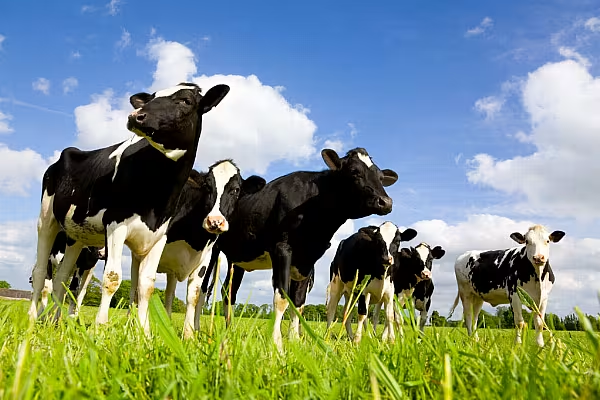Food habits have the potential to address the climate crisis, and it is imperative to take action on food production and consumption, according to animal welfare organisation Compassion in World Farming.
Dr Tracey Jones, global director of food business, Compassion in World Farming, stated, “Incontrovertibly, the planet is at breaking point and our food system is failing. Addressing what we eat and how it is produced will help to alleviate the pressures our planet is under.
“Ending factory farming would make a huge difference. It is one of the largest contributors to greenhouse gas emissions, land use change, deforestation, and biodiversity loss – not to mention the source of immense suffering to millions of sentient beings.”
Animal Farming
Intensive animal farming has been identified as a major contributor towards the global climate, nature and health emergency, according to academics.
In 2016, the United Nations reported that food production, when not sustainably managed, is a major driver of biodiversity loss and a polluter of air, fresh water and oceans, as well as a leading source of soil degradation and greenhouse gas emissions.
The way that food is produced contributes to antimicrobial resistance and non-communicable diseases, as well as emerging and food-borne diseases, the report noted.
Around 84% of Europeans want farmed animals to be better protected in their countries, according to the latest Eurobarometer poll, based on 26,376 interviews in all EU countries conducted between 2 and 26 March 2023.
Moreover, 84% of Europeans (89%) support a ban on individual cages for farmed animals, and more than half of those surveyed (60%) were willing to be pay more for welfare-friendly products.
Wealthy countries were found to be engaging in overconsumption of animal-based products, according to a recently published report – More Money, More Meat – by Compassion in World Farming.
The report also stated how much these countries should reduce consumption to meet the EAT–Lancet Planetary Health Diet target of obtaining 12% of calories in their diet from meat, fish, dairy and eggs.
The global CEO of Compassion in World Farming, Philip Lymbery, added, “In the richest countries, we are, quite literally, eating our way to our own extinction. Our insatiable appetite for cheap meat and other animal-sourced foods is damaging our health, causing immense animal cruelty, and killing our planet.”
Other Findings
The report showed that the single-biggest waste of food is feeding crops suitable for human consumption to industrial livestock.
Intensively reared livestock feed on cereals, soya and palm and convert them inefficiently into meat, milk and eggs, with protein conversion ranging from as low as 4% for beef to 25% for eggs.
In addition, almost a fifth of the total catch of wild fish across the globe is processed into fishmeal and fish oil, and the majority of it is used to feed farmed fish.
Lymbery stated, “The only way we can secure our future is to move away from factory farming and create a global food system that benefits animals, people and our planet – reducing our overconsumption of animal-sourced foods is a vital part of that.”
In separate research by YouGov, commissioned by Compassion in World Farming, 31% of UK residents said that retailers and/or food manufacturers need to help society reduce its meat consumption by innovating, including creating or improving the availability of plant-based alternatives.
More than a fifth (22%) said that businesses could help reduce the meat on offer through portion control or the quantity of meat put into products.
The study included around 14,147 adults aged 18 and above across 12 markets, who shared their views on the consumption of animal-based foods.














